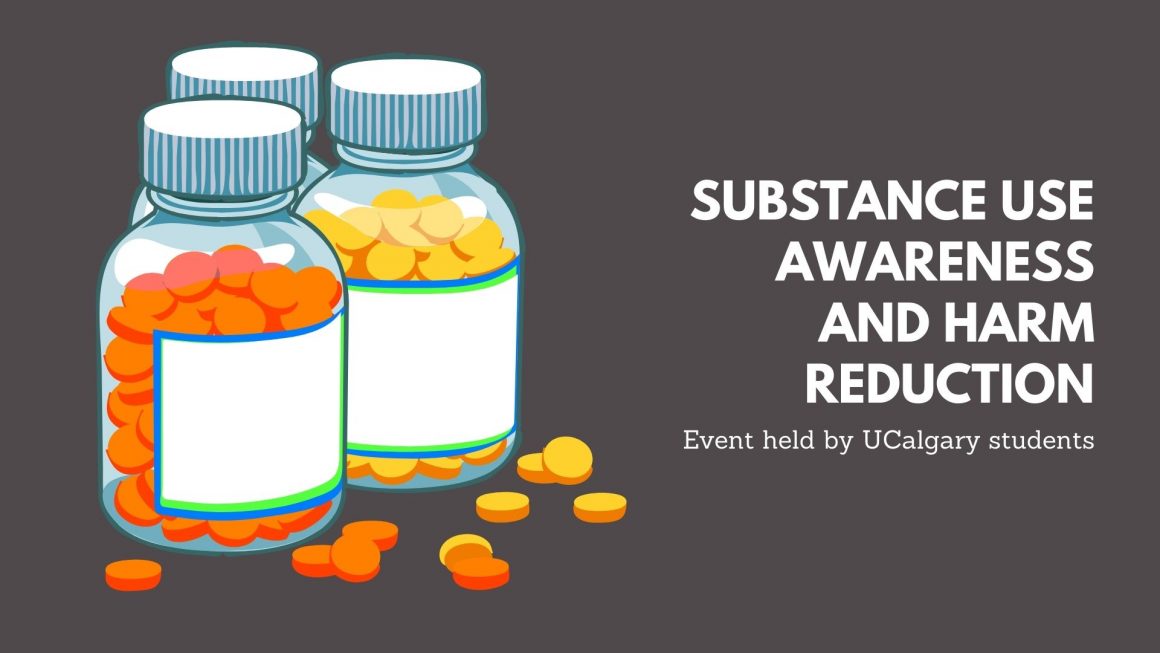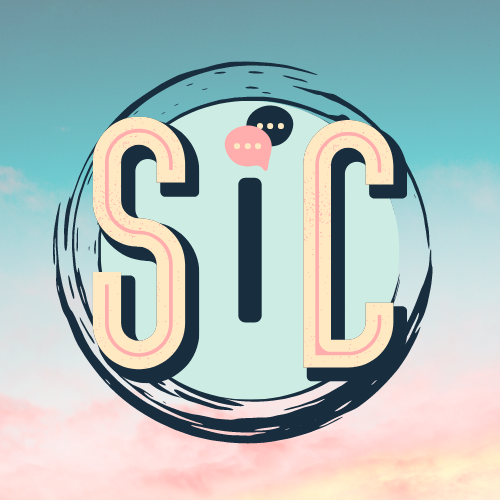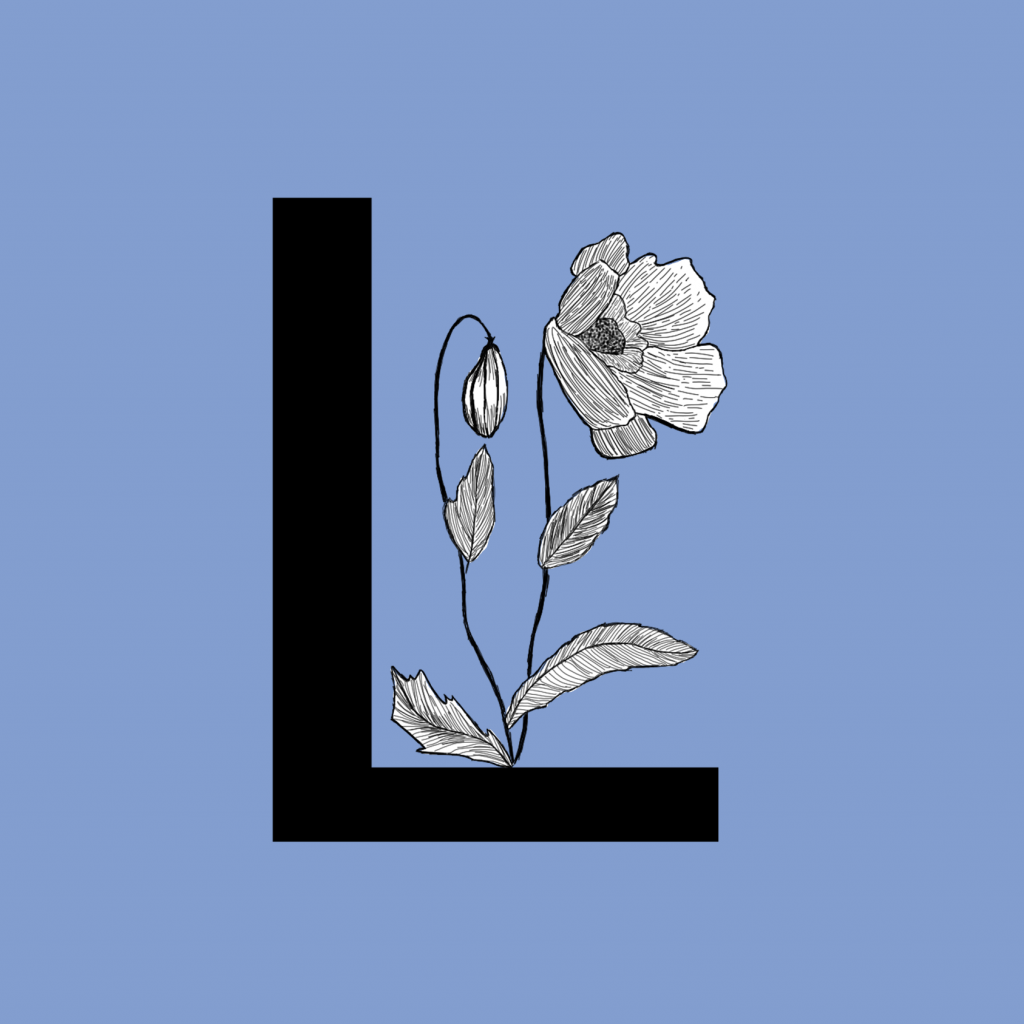
U of C student groups organize a week-long harm reduction awareness event
By Cristina Paolozzi, November 23 2021—
From Nov. 21–26, Students in Communications (SiC), the Faculty of Arts Students’ Association (FASA) and the Liam Project, among other community organizations, have come together to host a week-long harm reduction awareness event on campus.
While FASA and SiC are the larger faculty and department clubs that host many different events on campus, the Liam Project is a student-run harm reduction coalition, educating youth on accessible supports for harm reduction through digital content.
The objective of this event is to create intersectional awareness of the struggles that especially students and young people face when it comes to addiction and substance use. This week they will have virtual workshops and seminars which will address harm reduction strategies as well as reducing the stigma associated with substance use.
Kaari Hall from SiC, Sebastian Rodriguez Huerta from FASA and Alexandra Ewanyshyn from the Liam Project spoke more about the importance of this event for university students, and how the campus community can contribute to ending the stigma around substance use and people struggling with addiction.

Logo for Students in Communications (SiC) 
Logo for the Faculty of Arts Students’ Association (FASA) 
Logo for The Liam Project
The goal of including intersectional conversations within the larger topic of substance use was something that all three organizations felt was integral in making this event different from other harm reduction messages university students might receive.
“We really want to look into the intersectionalities of substance use and dependence,” said Hall. “A lot of traditional harm reduction training doesn’t even necessarily focus on the rationale behind why people use. We realize that people use substances, we just want to make sure that they’re able to access things safely, they’re able to access their supports, they’re able to consume safely.”
Hall also spoke about how there is already a large stigma surrounding university-aged students consuming, as it is usually brushed aside with the party culture that is common at most post-secondary institutions.
“We found that especially for university students to be taken seriously when talking about addiction, it’s very much chalked up to the university lifestyle,” said Hall. “But a lot of people are struggling, they need those supports, they need that community care and help.”
Ewanyshyn also mentioned that through her work with the Liam Project, conversations around safe consumption opens the door to access resources to consume safely.
“We know people are already using substances across the spectrum of use,” she said. “So essentially we’re recognizing that you don’t have to die or be harmed by your substance use if you’re aware of resources to do it safer.”
Hall also said that this event was sparked by some of the larger conversations had amongst Albertans especially as the opioid crisis is still raging. She said that it’s important for students to understand that there are many different factors that drive people to use, some of which are because of an inability to cope with stress or trauma.
“We understand that there’s so many factors that go into this,” she said. “We’re not trying to shame people away from substances. There’s a growing opioid crisis — we need to be serious about our discussions, not talk around the issue and pretend like nothing is there and that these people don’t exist.”
Rodriguez Huerta said that it’s not only an opioid crisis that is affecting Albertans, but a “crisis of every single substance use,” citing major upticks in methamphetamine usage from 2016-17.
“I think that is principally why we need seminar weeks like this,” he said. “While all of these things have been made worse by the pandemic, the pandemic didn’t create these issues — they existed before the pandemic. The way I see it, the pandemic has made stressors that lead towards substances for coping worse.”
Rodriguez Huerta also said that this week comes at a crucial time for university students specifically, as stress can be overwhelming this time of year.
“Especially right now, it’s a stressful week — it’s right after reading week, it’s right before exams,” he said. “And we know that substances are used to cope with a lot of the stresses in life.”
This week also marks many separate observances, remembering marginalized groups who may be more at-risk to substance use dependency due to their specific circumstances.
“This week marks National Addiction Awareness Week within Canada, but there’s also separate observances like Transgender Day of Remebrance, the Day of Elimination of Violence Against Women,” said Hall. “There’s different intersections and we want to explore that as well so that we actually break down all these different unique experiences that students do have.”
While the University of Calgary does have harm reduction tools available for students, Ewanyshyn said that places like the Wellness Centre and programs like PASS are not always accessible or well-known.
“The PASS system wasn’t available over COVID, they’re hoping to reopen next semester,” she said. “We have fentanyl test strips available at the Wellness Centre and at the pharmacy in Mac Hall, we have fentanyl test strips in residence and at the Wellness Centre.”
According to Ewanyshyn, part of students’ job is to show the campus community that this is an issue students care about and to commit to diverting more resources towards it.
Rodriguez Huerta said that a key focus of this week is to highlight the reasons behind why someone might use substances and to change the mentality behind what we believe the primary issue really is.
“You really do need that change in mentality, because substance use is not the primary issue,” he said. “People are going to consume things, but we’re not looking at the actual sources of those stressors that can lead people towards the substance for coping.”
Hall, Rodriguez Huerta and Ewanyshyn all agree that many of the different reasons why people might stem from trauma — whether that be culturally, religiously, socially or as a result of the colonial structures present within Canada.
“It’s not ‘Why do people use substance?’ It’s, ‘Why are people trying to self heal, and not getting support in other ways?’” said Hall.
SiC, FASA and the Liam Project are also working with community organizations surrounding substance use and harm reduction in the city, including the UCalgary Recovery Community, the Boring Little Girls Club, Alberta Advocates Who Educate and Advocate Responsibly (AAWEAR), Alpha House Calgary and Maria Huerta who is a facilitator from the Sistership Circle. U of C students are encouraged to donate to each organization’s bottle drives, clothing drives or other initiatives throughout the week.
For more information, check out Students in Communications, the Faculty of Arts Students’ Association and The Liam Project on their respective Instagram accounts.
